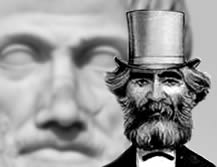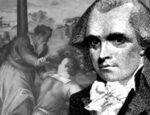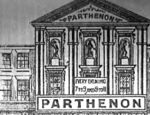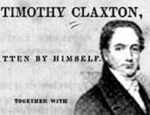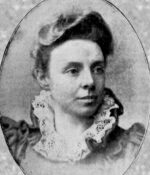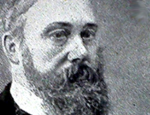Description
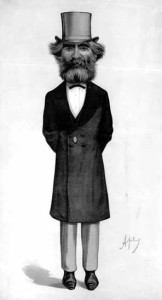 Think about the usefulness of public libraries with John Passmore Edwards (1823-1911), who rose from working-class origins and minimal education in Cornwall to become one of Britain’s greatest philanthropists. In his autobiographical memoir, A Few Footprints, he collects sayings of sages throughout the ages in support of the usefulness of reading by individuals to the community, and prominent amongst his quotations are two by Plato’s Socrates and Aristotle.
Think about the usefulness of public libraries with John Passmore Edwards (1823-1911), who rose from working-class origins and minimal education in Cornwall to become one of Britain’s greatest philanthropists. In his autobiographical memoir, A Few Footprints, he collects sayings of sages throughout the ages in support of the usefulness of reading by individuals to the community, and prominent amongst his quotations are two by Plato’s Socrates and Aristotle.
‘Socrates says: “Employ your time in improving yourself by other men’s writings, so that you may easily get what others labored hard to obtain; prefer knowledge to wealth, for the one is transitory and the other is perpetual”… Aristotle says: “Education’s noblest end and aim is to make useful and good citizens, to lead to the perfection of man’s social nature, and to encourage deeds which dignify and adorn a country.”’
Passmore Edwards rose from poverty, a carpenter’s son, to become an enormously wealthy newspaper proprietor. But he had supported the Chartists and remained loyal to the working class throughout his life, refusing knighthoods from both Queen Victoria and Edward VII. He did not feel that he made much difference to society after trying the Parliamentary route (he represented Salisbury between 1880 and 1885). But he did make an extraordinary impact by campaigning for the Public Libraries Act (1850) and financing the construction of more than seventy public buildings—not only libraries, but homes for the disabled and sailors who had fallen on hard times, convalescent homes, schools, orphanages, hospitals, art galleries, and public museums, as well as several public water fountains.
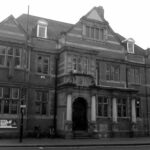 On every library he financed, Passmore Edwards bestowed personally a collection of least a hundred and often a thousand books. In London alone, he was responsible for libraries in Hoxton, Whitechapel, Shoreditch, Dulwich, Edmonton, Shepherd’s Bush (now The Bush Theatre, pictured left), St. George’s in the East, Southwark, East Ham, Acton, Limehouse, Bow, North Camberwell, and St Brides Printing Library on Fleet Street. An Aristotelian “useful and good citizen” indeed.
On every library he financed, Passmore Edwards bestowed personally a collection of least a hundred and often a thousand books. In London alone, he was responsible for libraries in Hoxton, Whitechapel, Shoreditch, Dulwich, Edmonton, Shepherd’s Bush (now The Bush Theatre, pictured left), St. George’s in the East, Southwark, East Ham, Acton, Limehouse, Bow, North Camberwell, and St Brides Printing Library on Fleet Street. An Aristotelian “useful and good citizen” indeed.
n.b. around 1850.

